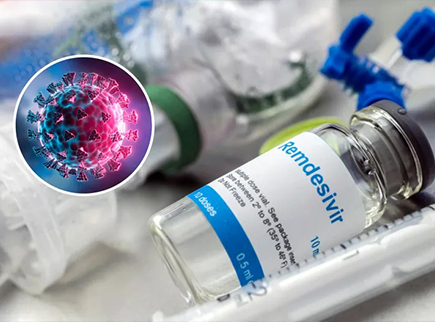New research has raised concerns that the COVID-19 virus may be developing resistance to antiviral treatments. The virus’s ability to evolve and adapt to medications poses a significant challenge to managing and controlling the disease.
Nirmatrelvir and remdesivir are two antiviral drugs commonly used to treat mild to moderate COVID-19 infections in high-risk individuals. However, prolonged exposure to these treatments can drive the virus to mutate and become resistant.
Immunocompromised patients, who require longer treatment periods, are more susceptible to developing antiviral resistance. This is because the virus has more time to evolve and adapt to the medications.
Two recent studies published in Nature Communications and JAMA Network Open found evidence of drug-resistant mutations in immunosuppressed patients treated with nirmatrelvir or remdesivir.
Cornell University/NIH Study
Researchers analyzed 15 immunocompromised patients and discovered:
– Protective mutations against antivirals
– Reduced sensitivity to treatment
– Resistant mutants transmitted between hamsters
– Combined antiviral treatment overcame resistance
Harvard University-Led Study
Scientists assessed 165 COVID-19 patients and found:
– Antiviral-resistant mutations more likely in treated patients
– Higher resistance in immunocompromised patients and those receiving nirmatrelvir
– Mutations detected at low levels and reverted to original form
While resistant variants are unlikely to spread through the general population currently, continuous monitoring of mutations and drug usage patterns is essential.
Implications and Next Steps
The emergence of antiviral resistance highlights the need for:
– Combined antiviral treatment strategies
– Tailored treatment approaches for immunocompromised patients
– Ongoing research to stay ahead of viral evolution
– Healthcare professionals to track antiviral resistance
As the COVID-19 virus continues to evolve, it is crucial to remain vigilant and adapt treatment strategies to combat antiviral resistance.

